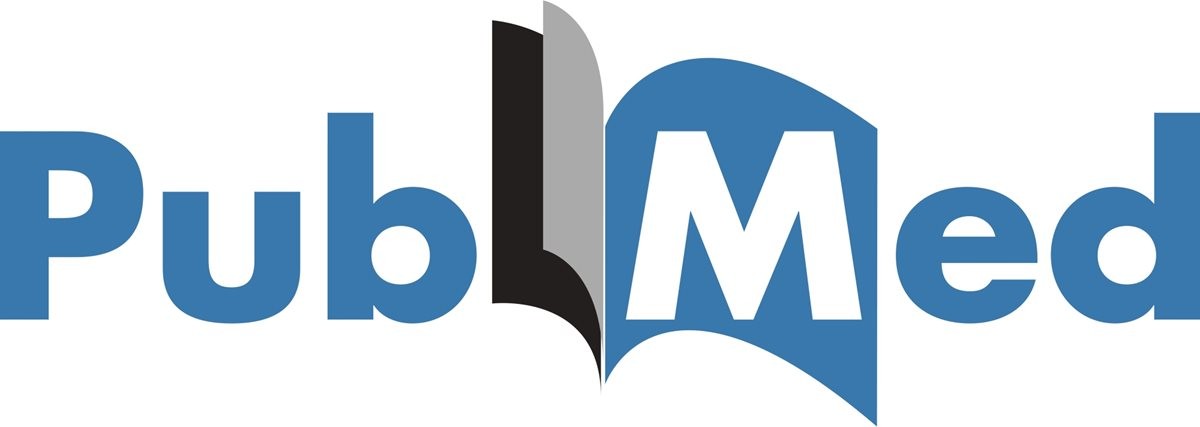The Marketing Potential of Corporate Social Responsibility Activities: The Case of the Alcohol Industry in Latin America and the Caribbean.


Abstract
BACKGROUND AND AIMS:
To 1) identify, monitor and analyze the Corporate Social Responsibility (CSR) practices of the alcohol industry in Latin American and the Caribbean (LAC) and 2) examine whether the alcohol industry is using these actions to market their products and brands.
METHODS:
Nine health experts from Argentina, Brazil and Uruguay conducted a content analysis of 218 CSR activities using a standardized protocol. A content rating procedure was used to evaluate the marketing potential of CSR activities as well as their likely population reach and effectiveness. The LEAD procedure (Longitudinal, Expert and All Data) was applied to verify the accuracy of industry-reported descriptions.
RESULTS:
55.8% of the actions were found to have a marketing potential, based on evidence they are likely to promote brands and products. Actions with marketing potential were more likely to reach a larger audience than actions classified with no marketing potential. Most actions did not fit into any category recommended by the World Health Organization. 50% of the actions involving classroom and college education for young persons were found to have marketing potential. 62.3% were classified as meeting the definition of risk management CSR.
CONCLUSION:
Alcohol industry Corporate Social Responsibility activities in Latin American and the Caribbean appear to have a strategic marketing role beyond their stated philanthropic and public health purpose.
This article is protected by copyright. All rights reserved.
KEYWORDS:
advertising; alcohol industry; alcohol marketing; corporate social responsibility; harm
- PMID: 27661467
- DOI: 10.1111/add.13616
- [PubMed – as supplied by publisher]

